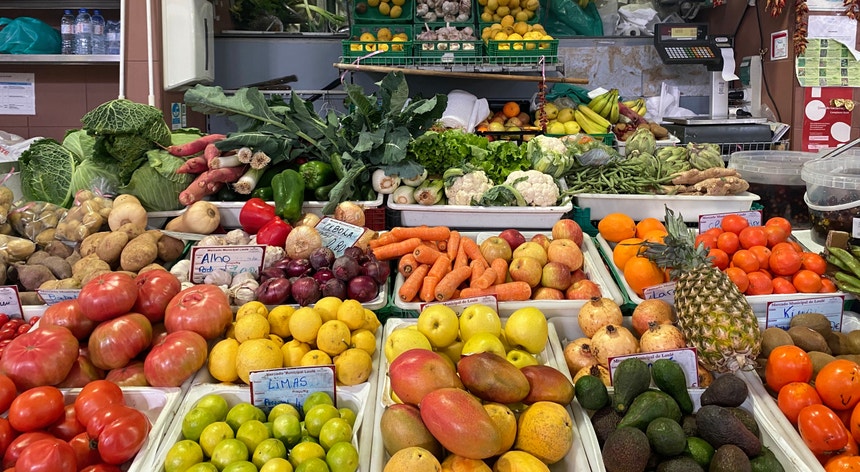The Census Bureau confirmed the data on Monday, and even estimates that the end of that measure, at the beginning of the year, was responsible for the majority of the increases observed.
According to the National Institute of Statistics, the prices of food and non-alcoholic beverages are 27.2% higher than the average price level for 2021.
In contrast, and in the opposite direction, clothing and footwear was the category with the largest negative contribution to the monthly IPC change, with a variance of -15.3% (-2.3% in December 2023 and -13.4% in January 2023). ).
The variance in the energy products index rose to 0.2% (-10.5% in the previous month) and the unprocessed food products index accelerated to 3.1% (2.0% in the previous month).
The Portuguese Harmonized Consumer Price Index (HIPC) recorded a year-on-year variance of 2.5%, a value 0.6 percentage points higher than that recorded in December 2023 and 0.3 percentage points lower than the value estimated by Eurostat for the euro area (and in December 2023, this The difference is 1.0 percentage points).
Excluding unprocessed food and energy products, Portugal's CPI reached a year-on-year variance of 2.7% in January (3.1% in December), which is lower than the corresponding rate for the euro area (estimated at 3.6%).
Heavily indebted poor countries recorded a monthly variance of -0.2% (-0.7% in the previous month and -0.8% in January 2023) and an average variance over the last 12 months of 4.8% (5.3% in the previous month).
w/Losa

“Wannabe internet buff. Future teen idol. Hardcore zombie guru. Gamer. Avid creator. Entrepreneur. Bacon ninja.”


